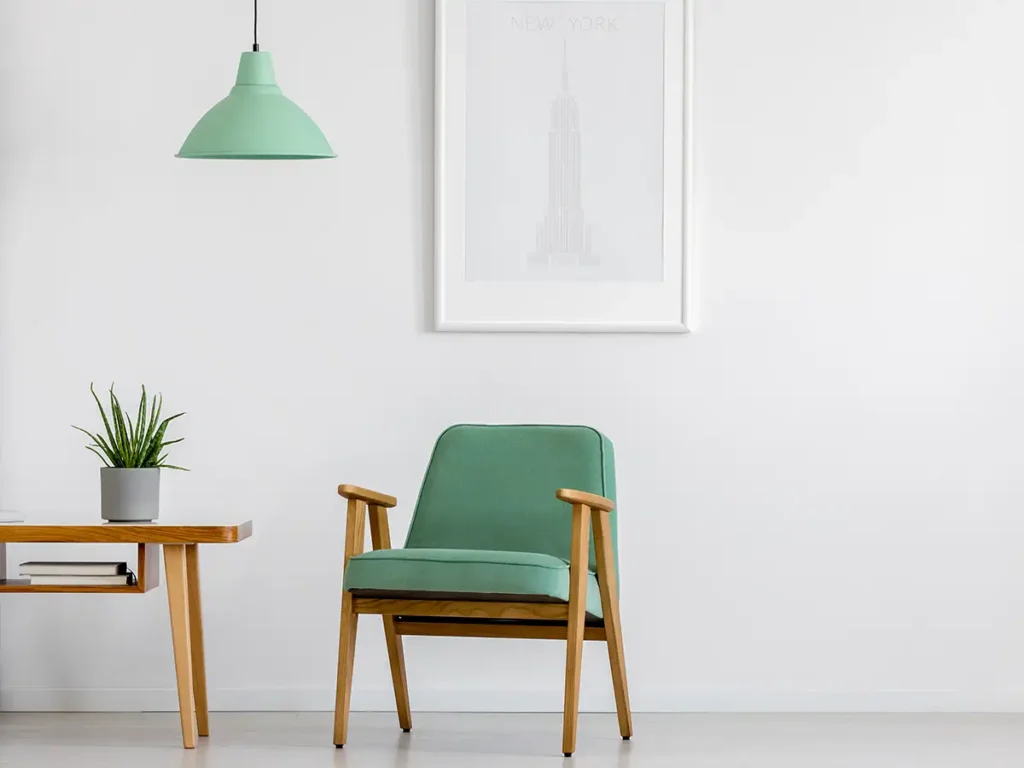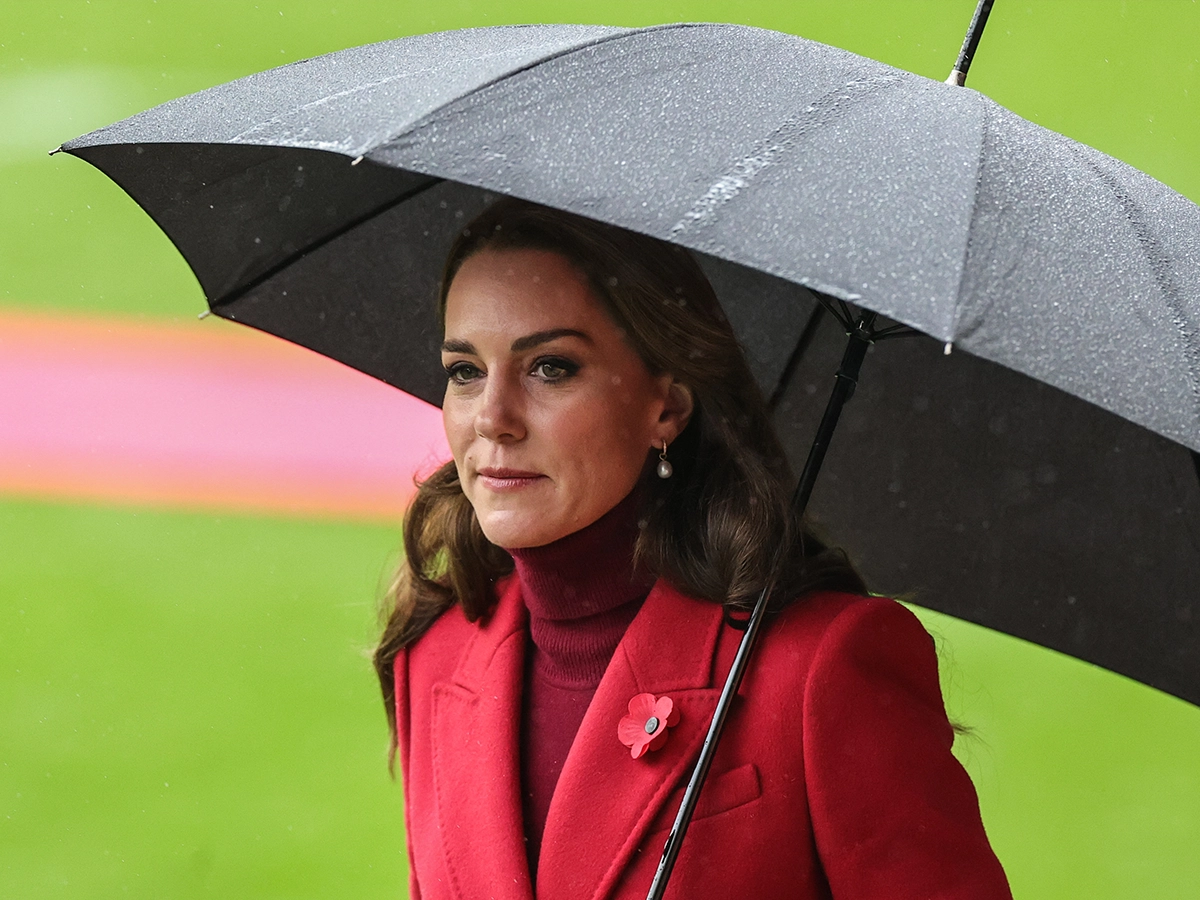The health benefits of having a minimalist home and lifestyle

Many people find themselves overwhelmed by clutter, worry, and an unceasing need for material items in today’s fast-paced and consumer-driven society. The emerging minimalist movement, which emphasizes the value of simplicity, intentionality, and mindfulness, provides a welcome alternative. Beyond its visual appeal, minimalism has an extensive range of advantages for our physical and mental health, improving not only the way we live but also how we feel in general.
Here are some reasons why you should consider a minimalist lifestyle:
Helps to reduce stress
A minimalist home serves as a sanctuary from the chaos of the outside world. By eliminating unnecessary possessions and clutter, we create a calm and peaceful environment that can have a profound impact on our mental well-being. Clutter-free spaces promote mental clarity, allowing us to focus on the present moment and fostering a sense of tranquility and relaxation. With fewer distractions, our minds are free to unwind, reducing stress levels and promoting a more positive outlook on life.
Better Sleep
A cluttered space can disrupt our sleep patterns and prevent us from enjoying restful nights. Adopting a minimalist approach in the bedroom can lead to a more serene and sleep-friendly atmosphere. Removing excess furniture, minimizing electronic devices, and opting for soothing colors and textures all contribute to creating a tranquil sleep environment. By promoting better sleep quality, a minimalist home enhances our physical well-being, boosts productivity, and improves our overall mood and energy levels.
Helps to enhance physical health
Minimalism extends beyond decluttering our physical surroundings; it also encourages us to evaluate our lifestyle choices. With a focus on simplicity and intentional living, minimalism often promotes healthier habits. By streamlining our possessions, we reduce the time spent on cleaning and maintenance, allowing more time for physical activity and self-care. A minimalistic lifestyle may inspire us to prioritize regular exercise, embrace outdoor activities, and cultivate a balanced diet. These choices contribute to improved cardiovascular health, increased energy levels, and overall enhanced physical well-being.
Encourages mindfulness
Minimalism urges us to be more mindful of our consumption habits and to appreciate the things we already possess. By decluttering our homes, we develop a deeper connection with our belongings, only keeping those items that hold value and bring us joy. This practice of mindful consumption fosters a sense of gratitude for the things we have, shifting our focus away from material possessions and towards more meaningful experiences. Embracing minimalism allows us to reevaluate our priorities, leading to a more content and fulfilled existence.
It has a positive impact on the environment
By reducing our consumption and avoiding unnecessary purchases, we contribute to the conservation of resources, lower our carbon footprint, and support sustainable practices. Minimalism encourages us to prioritize quality over quantity, favoring products that are built to last rather than disposable items. By making conscious choices, we participate in the global movement towards environmental responsibility, creating a healthier planet for future generations.
In a world saturated with materialism, minimalism offers a path to reclaiming our physical and mental well-being. By embracing a minimalist home and lifestyle, we can create spaces that promote calmness, reduce stress, and enhance our overall health. Simplifying our surroundings not only brings aesthetic benefits but also instills a sense of mindfulness, gratitude, and environmental responsibility. As we embrace minimalism, we invite balance, clarity, and fulfillment into our lives, ultimately unlocking the door to a healthier and happier existence.







Have your say